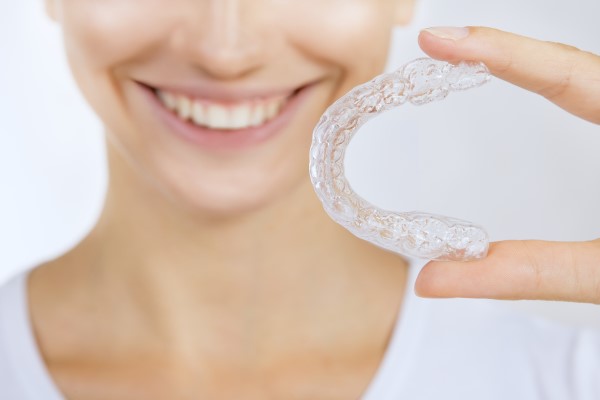Dental Sealants Treatment FAQs

One of the best ways to protect molars and premolars from tooth decay is through dental sealant treatment. However, many who could benefit from treatment are unfamiliar with how it works and whether it is safe. This review highlights frequently asked questions about dental sealants and their answers.
Things to know about dental sealants treatment
Many dentists encourage patients to ask questions about treatments that they are unfamiliar with. If your dentist has recommended dental sealants for you or your child, then reviewing the following frequently asked questions can help you gain more information and feel more comfortable about the treatment.
What is the purpose of dental sealants?
A dental sealant is a great way to reduce the risk of developing cavities. This is because it provides a protective layer over tooth enamel, making it far more challenging for acidic attacks caused by bacteria and food particles combining together to damage the tooth enamel. Dental sealants are applied to the grooves (chewing surfaces) of teeth that are more vulnerable to decay, such as premolars and molars. It is still important to practice good oral hygiene and avoid excessive sugar intake, but sealants can certainly help with cavity prevention.
Can adults get dental sealants?
Dental sealants are a popular way for parents to protect their children’s teeth. However, adults of all ages can also get dental sealants placed to protect their premolars and molars from tooth decay. There are several reasons that adults may want to consider dental sealants. First, some adults are simply more vulnerable to tooth decay than others for various reasons. In other instances, parents may decide to get dental sealants along with their child to show them the importance of caring for teeth and preventing cavities.
How are dental sealants applied?
Each dentist has their own process and treats each patient in a unique way, but there are certain expectations that one can have before treatment. In general, the treatment process typically starts with cleaning and drying the tooth (or teeth). The dentist will then place an acidic gel on the teeth to make it rougher. This allows the dental sealants to form properly over the enamel. After removing the gel, the teeth are then dried, and the sealant is coated onto the teeth and cured with a special ultraviolet bonding light.
Are dental sealants safe to use?
Dental sealants are safe to use with little to no risk involved. There are no known side effects of dental sealants, other than potential allergies. They do not affect the way that the patient cares for their teeth each day, and the patient should continue to brush, floss and use mouthwash as directed by the dentist. If, for any reason, there are side effects or allergies from treatment, the dentist can remove the dental sealants if necessary.
Arrange a meeting with our dental team
Contact our dental team today if you would like to discuss dental sealants. Our experienced and professional dental team knows how to properly apply dental sealants for long-term reliability.
Request an appointment here: https://frankforddentalcare.com or call Frankford Dental Care at (215) 302-1746 for an appointment in our Philadelphia office.
Check out what others are saying about our dental services on Yelp: Dental Sealant in Philadelphia, PA.
Recent Posts
A dental sealant is a covering that goes on the teeth to protect against decay. The foods and drinks that you consume every day are what can do the greatest harm to your teeth. Without protection with dental sealant, sugars, acids, and other things can erode, degrade, and damage the teeth. Learn about dental sealants…
Proper hygiene techniques and regular dental checkups are a great defense against tooth decay, but what if they are not quite enough? Enter dental sealants. Getting tooth sealants can also greatly assist in the tooth decay battle. Continue reading for more insight into this treatment option and how it can be an effective tool for…
Dental sealants can protect your child’s oral health. Bacteria in the mouth are always present. That is why protecting your child’s teeth is important. Dental protection has to happen at an early age. If you want to know more about dental sealants for children, here are some common questions and their answers.This is a thin…
If you are prone to cavities or have children with vulnerable teeth, you may want to consider visiting us for a dental sealant treatment. A dental sealant can provide extra support for vulnerable enamel and can help prevent cavities. Continue reading to learn more about our sealant process and how it can fortify your and…


